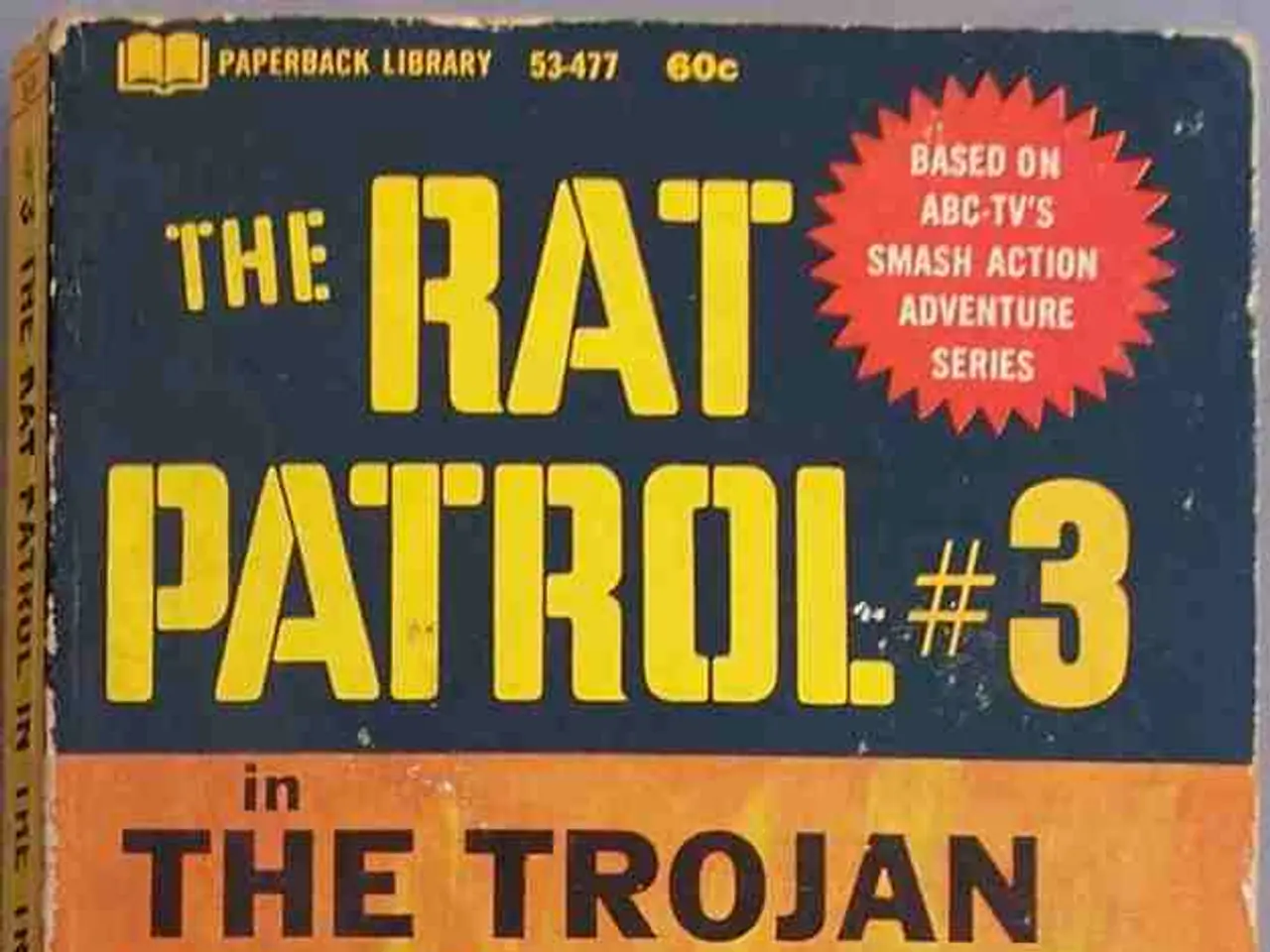Is it ethically justified for Ukraine to deploy cluster bombs in battle?
The use of cluster bombs by Ukraine on its own territory against Russian combatants is a contentious issue, posing significant moral and legal dilemmas. The primary concern revolves around the potential harm to civilians and the inherent nature of these weapons.
Neither Ukraine nor Russia is a signatory to the 2008 Convention on Cluster Munitions, an international treaty that outlaws the use, production, transfer, and stockpiling of cluster munitions due to their wide-area effect and high risk of unexploded submunitions causing civilian casualties long after combat ends.
Both sides have employed cluster munitions in populated areas during the conflict, leading to civilian deaths and injuries. This use raises serious moral concerns due to the disproportionate harm to innocent people, which international law seeks to prevent.
From a moral standpoint: - The principle of distinction in just war theory and international humanitarian law requires combatants to distinguish between military targets and civilians. Cluster bombs, especially unguided types seen in Ukraine, struggle to meet this requirement due to their wide-area effect. - The principle of proportionality demands that harm to civilians must not be excessive compared to the anticipated military advantage. Cluster munitions' history of causing long-term harm and unexploded ordnance challenges this balance. - Ukraine’s use of such weapons might be seen as a desperate military tactic in a brutal war of defense, but it still exposes its own civilian population to serious danger, complicating moral justifications.
The UN has credible reports of Russian cluster bomb use in populated areas of Ukraine. A video from CNN in April 2022 appears to show possible use of cluster munitions in a civilian area in the Kharkiv region of Ukraine.
The US, despite being a party to the Convention on Cluster Munition, has made a decision to send an $800m military aid package to Ukraine, which includes cluster bombs. The US claims that the cluster bombs they use have a much higher rate of detonation compared to Russian cluster bombs, with estimates varying between 2% and 14%.
However, cluster munitions are indiscriminate weapons that pose a grave threat to civilian lives. They scatter smaller bomblets indiscriminately over a large area, increasing the risk to civilians. Many of these small bomblets fail to detonate after hitting the ground, becoming similar to land mines.
Amnesty International has expressed moral indignation over the transfer and use of cluster bombs. The international community has widely condemned this decision by Ukraine's primary military backer.
In conclusion, while Ukraine’s use of cluster bombs against Russian forces on its own soil occurs in the context of a life-threatening and large-scale war, it remains morally problematic because these weapons cause indiscriminate harm and violate key humanitarian principles. The ongoing conflict and reported war crimes by Russian forces do not justify the use of cluster munitions that endanger civilians internally, highlighting the tension between military necessity and humanitarian obligations in war.
- The ongoing war-and-conflicts between Ukraine and Russia have brought politics and general news into sharp focus, as both sides employ cluster munitions in populated areas, causing civilian deaths and injuries.
- The use of cluster munitions, indiscriminate weapons that pose a grave threat to civilian lives, has been widely condemned by the international community, including Amnesty International, due to their tendency to violate key humanitarian principles and cause significant harm to innocent people.








